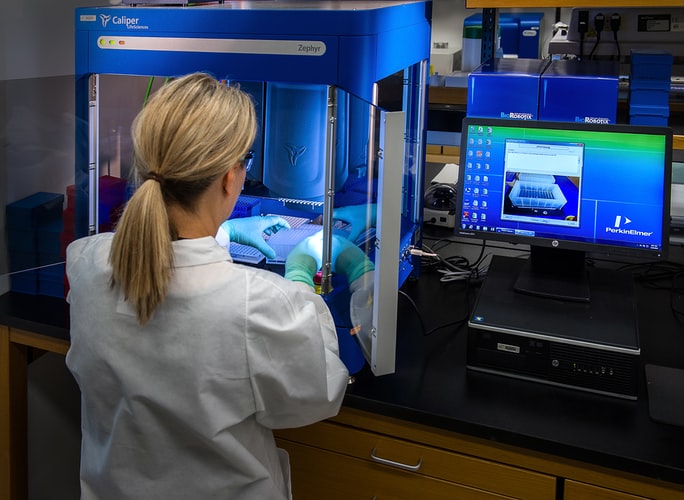Cybersecurity healthcare is a global business. Cyberattacks can shut things down in any trade. But, it’s more important in the healthcare area. Why?
Read on to learn more.
The Need For Cybersecurity Healthcare
A shutdown can be a thing of life or death. Not to mention how healthcare already lags after other businesses when it comes to cybersecurity.
When devices malfunction, it can put victims in danger. Theft of a hospital’s data can also bring great harm.
Today, we know that cyber warnings are not going away. But, we can do something about it.
For one, it helps to become aware of how it goes. So, you can take actions to protect your IT systems, your data, your medical plans, and, most importantly, your patients.
In this article, we will study the cybersecurity healthcare trends in 2021. It will also help us know what we can do to protect data.
Cybersecurity Healthcare Trends
Listed here are the important cybersecurity healthcare trends:
- Endpoint study
- Multi-factor authentication
- Biometrics
- Network segmentation
- Real-time analytics
- Healing device cybersecurity regulations
Endpoint Education
They say stopping is a medicine. And that’s also true in healthcare cybersecurity. How?
Workers should be raised about security. So, they will know about the organization’s support.
It also includes knowing about the importance of
- sharing delicate account details
- placing suspicious apps
- opening unknown email lists
Endpoints are the lowest link in a clinical context. But with training plans, staff will become more aware. So, they will know about information privacy, security, and cybersecurity.
Multi-factor Authentication
Since then, many healthcare contexts consider multi-factor authentication (MFA). And we’ve seen how they used this trend.
Securing patient reports is important for the business. But, how can they do so?
Passwords are the most popular way of defending something. Still, they are easy to hack.
But, hospitals can work with safety vendors. So, they can use MFA at low costs, such as:
- physical tokens
- soft tokens
- smartphones
Biometrics
Today, biometrics is being examined by healthcare organizations, such as pharma firms. And experts foretell that it will increase over the next three to five years.
But, how can biometrics help?
Biometrics is a way of having extra safety laters. So, it can manage who can access something. As a result, it gives a softer and more safe experience.
Network Segmentation
Network segmentation involves dividing each network. So, only those who have the right can reach and see it.
Studies also show that it is getting fame in the healthcare business. How so?
It enables control levels of access to special data. So, they can ensure agreement with the law. Such as the Health Insurance Portability and Accountability Act of 1996 (HIPAA).
Real-time Analytics
Analytics helps many businesses give the best client services. In the healthcare business, it can promote health control and efficiency.
Now, real-time analytics is more important. And it helps healthcare systems know advanced warnings.
Medical Device Cybersecurity Healthcare Regulations
Today, Internet-connected medical devices are on the growth. For example, liquid pumps, pacemakers, and insulin pumps.
But, it also acts as a threat for hacking into patients’ data. So, the EU mandates any healthcare organization to support the GDPR requirements.
It also includes building a story card for related medical devices. So, it can pass the demands before allowing for the business.

